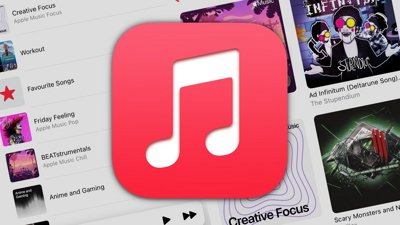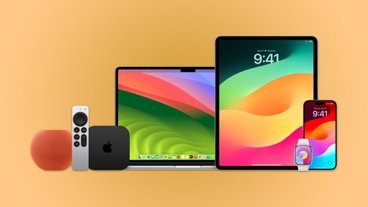At Chicago 'Field Trip' event, Apple emphasized education remains 'a big part of who we are'
Apple CEO Tim Cook and other company executives repeatedly cited the company's commitment to education, as it unveiled new products and initiatives designed to capture the hearts and minds of students and educators.
In between introductions of a new iPad, new apps, and other initiatives, Apple's top brass had strong things to say about education, its importance, and Apple's place in it.
"We know our products can help bring out the creative genius in every kid," Cook said towards the beginning of the event. "That's why education is such a big part of who we are as a company, and has been for 40 years."
Indeed, education is a major part of the story of Apple's rise, as well as its various lulls and rebirths over the years, from the original Apple II-in-school programs of the late 1970s through the eMac and eMate all the way to the education initiatives that accompanied the original iPad launch in 2010.
Of late, the company has begun to fall behind its rivals Google and Microsoft, who are able to offer less expensive alternatives for the education market. The Chicago event- video of which can be viewed on Safari at this link, as well as Apple TV and the Mac events app- was an attempt to once again position Apple as a go-to technology company for education.
There were echoes of Apple history at the event, too.
"We do know that the best products alone can't create great learning experiences," Susan Prescott, Apple's vice president of product marketing, said on stage at the event. "Teachers are the heart of the classroom, and we know it takes dedicated, passionate teachers to fuel students' curiosity, and to guide them to their full creative potential." This echoed Steve Jobs' "You need a person" line, from his 1995 Smithsonian interview.
Meanwhile, there were some less-than-subtle references to the competition at the Apple event, including the way vice president of product marketing Greg Joswiak described the new iPad's chip at the event:
"With the A10 Fusion, this iPad is now more powerful than most PC laptops and virtually every Chromebook," he said.
At one point the event got silly. In describing an iPad app that uses the company's augmented reality capability to simulate dissection of frogs, Joswiak went into just how efficient it is.
"Students can place a virtual frog right on their desk- and they can explore the inner workings of that frog in a way they never could with a real frog," he said. "Instead of dissecting a frog, which can have both cost and safety implications- not to mention some serious implications for the frog — students can dissect a virtual frog with our Apple Pencil." Indeed, one biokit on the market will run schools $183 for 30 frogs, making two classes worth of frogs equivalent to one iPad purchase.
Cook wrapped it up by waxing philosophical about Apple's place.
"We've always believed that people with passion can change the world," the CEO said. "We know our products can help bring out the creative genius in every kid. That's why education is such a big part of who we are as a company, and has been for 40 years."
"This is an important day for Apple. And we hope that it was an important day for students and teachers around the world. We believe in the power of education to create opportunity, and we're excited about all the things that are products can do to make the learning experience even better than ever."
Following the event, Tim Cook will be interviewed by Recode's Kara Swisher and MSNBC host Chris Hayes on Wednesday, March 28, with the interview airing on MSNBC on April 6, as part of a special called "Revolution: Apple Changing the World."
 Stephen Silver
Stephen Silver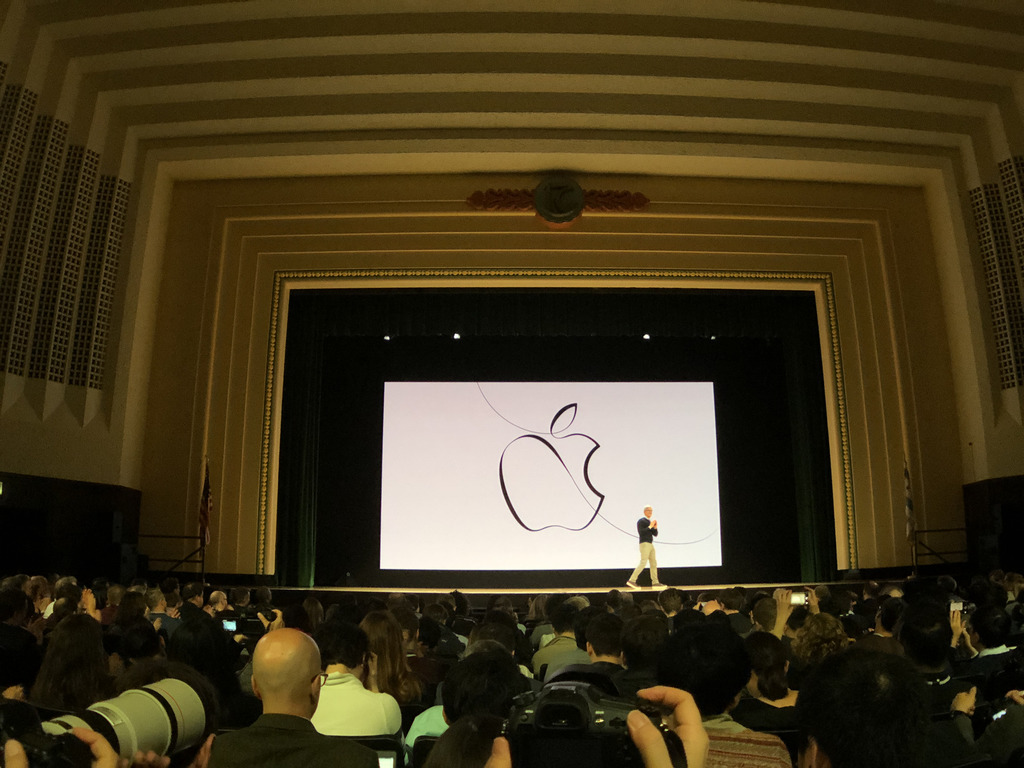
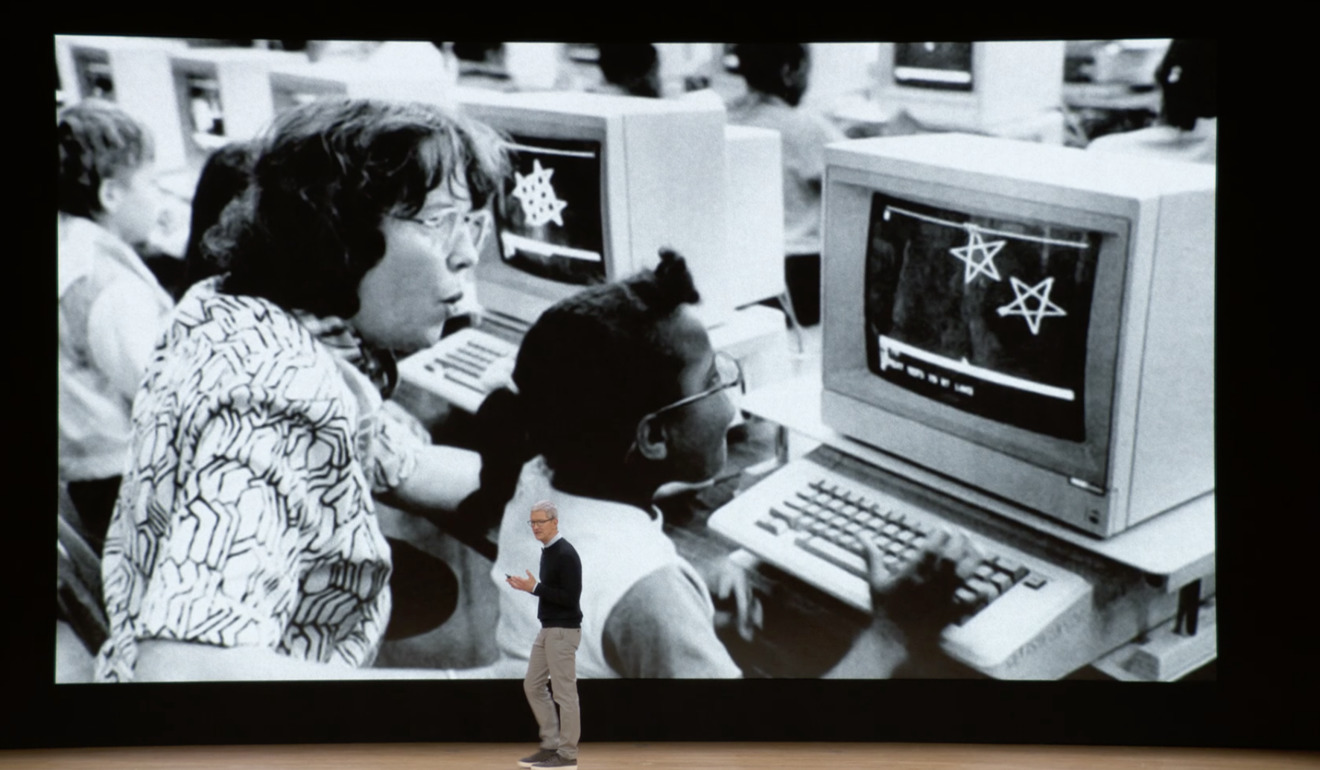






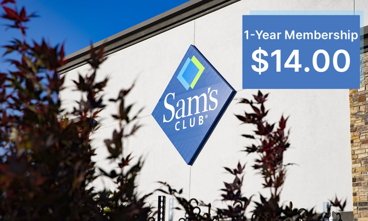




 Malcolm Owen
Malcolm Owen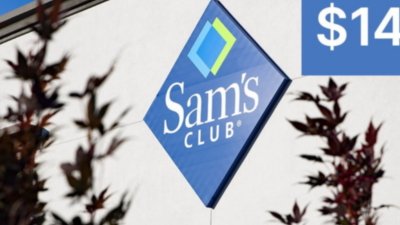
 Christine McKee
Christine McKee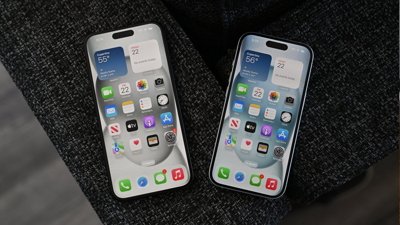

 Amber Neely
Amber Neely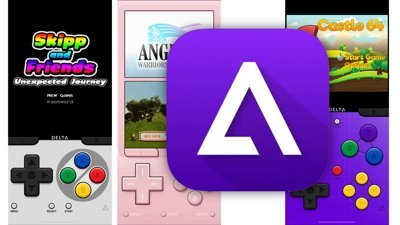
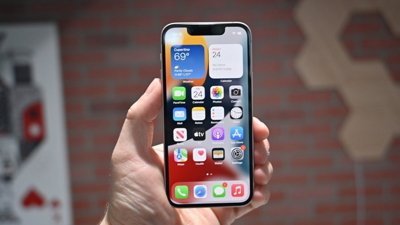
 William Gallagher
William Gallagher
